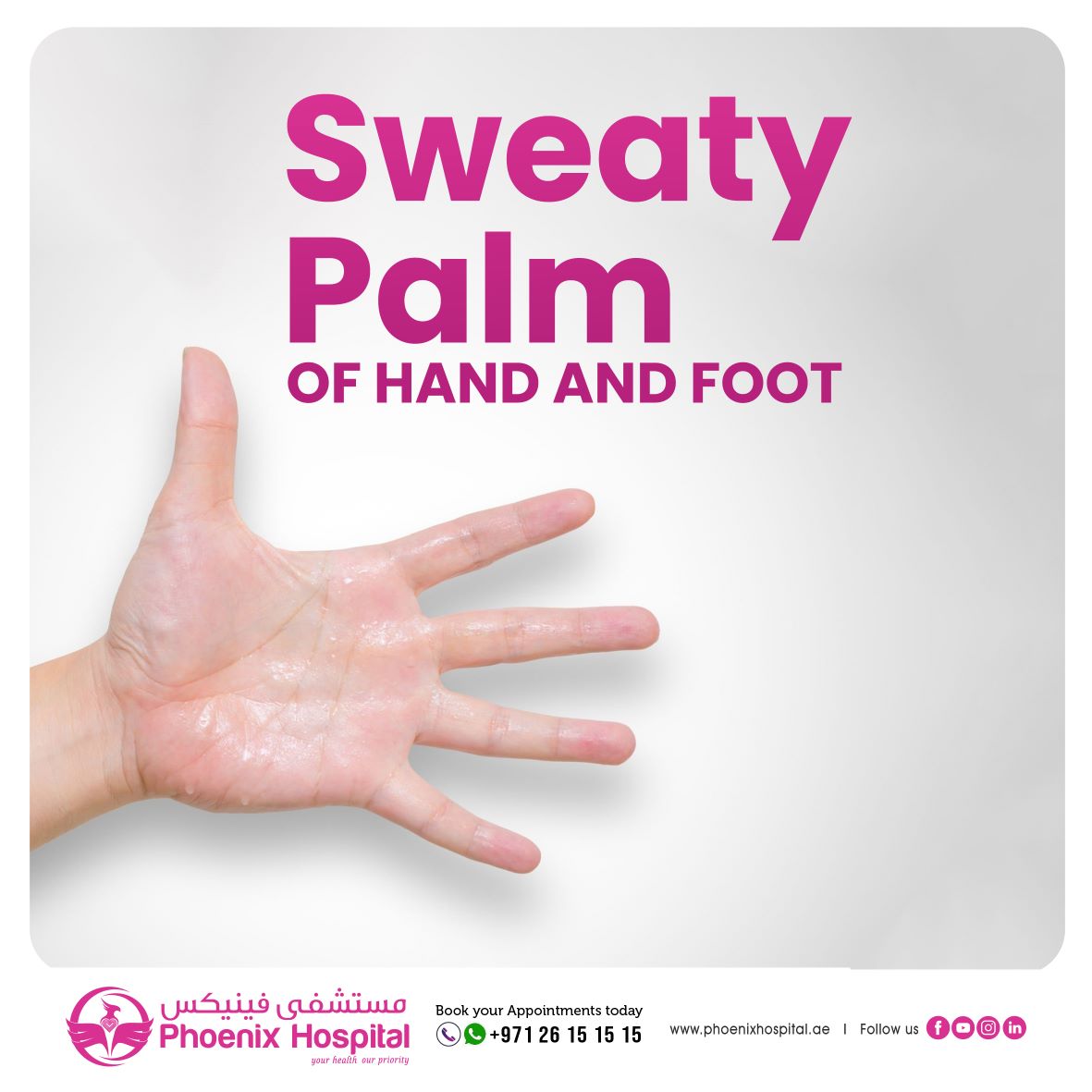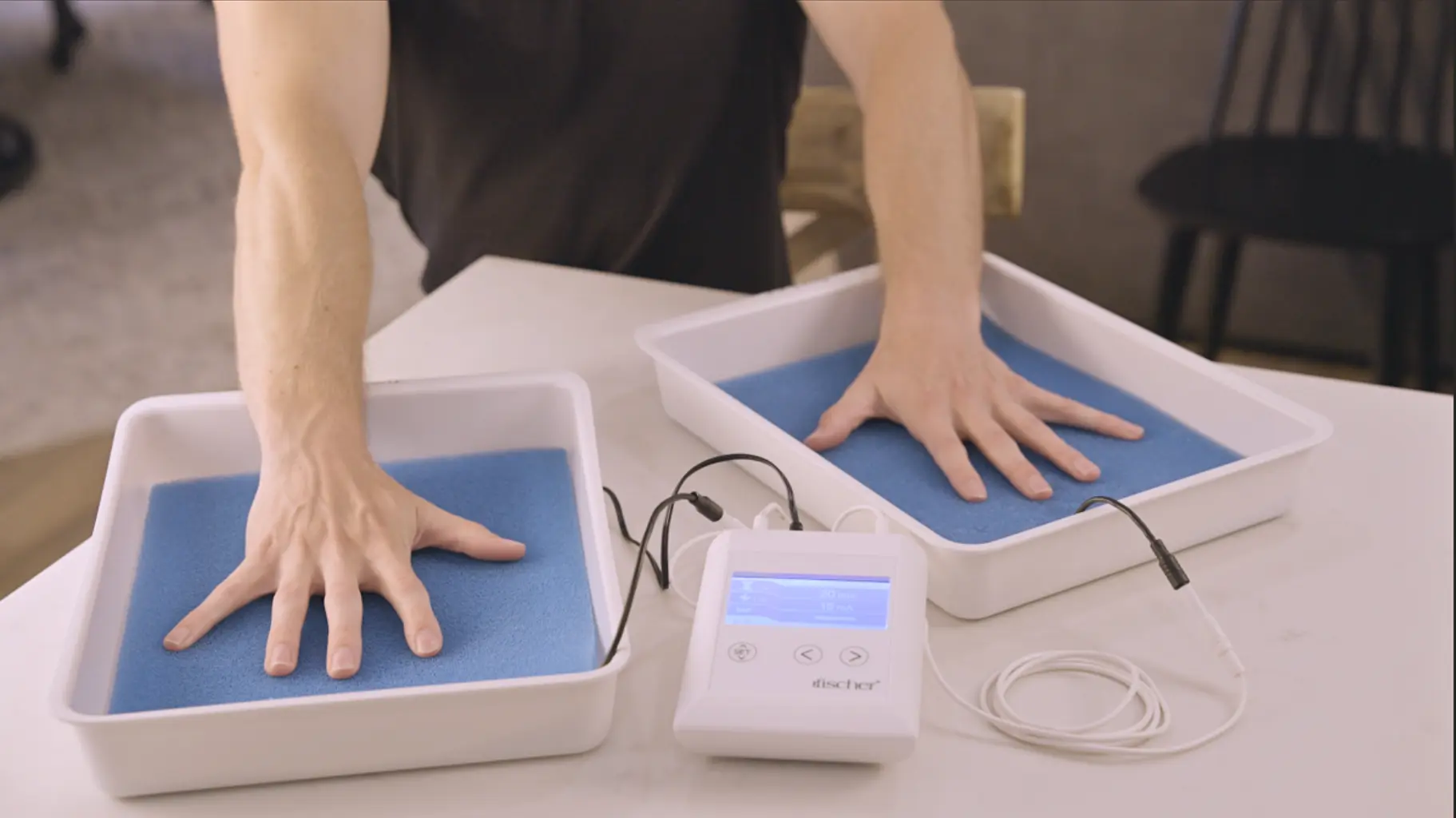Understanding the Origin of Excessive Sweating and Its Influence On Daily Life
While it is typically understood as a physical reaction to manage body temperature, the triggers for excessive sweating can differ widely among individuals, incorporating not only physical factors yet emotional and additionally psychological aspects. By delving into the origin creates of hyperhidrosis and discovering its complex results, a much deeper understanding of this pervasive concern can be obtained, losing light on the intricacies that individuals grappling with too much sweating browse on a day-to-day basis.
Physiology of Sweat Glands
The guideline of sweat production, an essential physiological procedure, is mostly managed by the task of sweat glands distributed across the human body. Sweat glands are categorized right into 2 primary types: eccrine and apocrine glands.
When the body temperature level rises, either as a result of exercise, high temperatures, or psychological stress and anxiety, the nerves triggers the gland to generate sweat. This sweat is made up mostly of water and electrolytes like sodium and chloride. The process of sweat manufacturing is vital for maintaining the body's inner temperature level within a narrow, optimum variety, highlighting the important role gland play in human physiology.
Triggers for Excessive Sweating
In understanding the origin creates of extreme sweating, it is crucial to determine the triggers that can result in this physical response. Excessive sweating, likewise understood as hyperhidrosis, can be motivated by numerous factors, both ecological and physiological. One usual trigger is psychological anxiety or anxiousness, which can boost the body's sweat glands to create more sweat than is essential for cooling down. Physical physical effort, heats, and spicy foods are likewise understood to trigger too much sweating in individuals susceptible to this problem. Specific medical problems like menopause, hyperthyroidism, or diabetic issues can contribute to extreme sweating as well.
Moreover, medications such as some antidepressants, opioids, and specific supplements can additionally work as triggers for hyperhidrosis. Recognizing these triggers is important in taking care of excessive sweating successfully - Treatment for hyperhydrosis of hands and feet. By identifying and dealing with the certain triggers that trigger too much sweating in an individual, healthcare companies can establish personalized treatment strategies to alleviate this problem and improve the individual's quality of life
Medical Conditions Associated
Related to extreme sweating are various medical problems that can worsen this physiological action. One common problem is hyperhidrosis, a disorder identified by abnormally boosted sweating that exceeds the body's thermoregulatory demands. This can materialize in focal locations like the palms, soles, underarms, or face, affecting a person's high quality of life because of social shame and pain.
Additionally, endocrine problems such as hyperthyroidism, diabetes, and menopausal warm flashes can additionally result in too much sweating. Hyperthyroidism triggers an overflow of thyroid hormonal agents, increasing metabolism and setting off sweating. Diabetes mellitus can generate sweating episodes, specifically during hypoglycemic episodes when blood glucose levels go down also reduced. Menopausal hot flashes, credited to hormone changes during menopause, can cause extreme and abrupt sweating, usually come with by flushing and heart palpitations.
Additionally, infections like hiv, consumption, and endocarditis have actually been related to evening sweats, a typical sign recognized to disrupt rest and influence total health. These clinical conditions highlight the diverse variety of underlying aspects that can contribute to extreme sweating, requiring complete analysis and administration by health care specialists.
Emotional and emotional Factors

Effect On Social Interactions
Extreme sweating can have profound results on a person's ability to engage comfortably in social interactions. The noticeable signs of sweat stains or damp spots on garments can lead to shame and self-consciousness, creating people to take out from social situations. This withdrawal can influence connections, limit social activities, and prevent expert and personal growth.

In addition, the anxiousness and self-confidence concerns stemming from too much sweating can influence interaction and interpersonal abilities. Individuals may battle to concentrate on conversations, join group activities, or share themselves with confidence. This can cause feelings of seclusion and isolation, as social connections come to be testing to maintain.
Conclusion

While it is commonly understood as a physiological reaction to control body temperature, the triggers for too much sweating can differ extensively amongst people, incorporating not just physical factors but likewise psychological and emotional elements. By diving right into the root triggers of hyperhidrosis and discovering its complex effects, a deeper understanding of this pervasive concern can be obtained, losing light on the intricacies that people grappling with excessive sweating browse on an everyday basis.
Physical physical effort, high temperatures, and spicy foods are additionally understood to trigger excessive sweating in people susceptible to this problem. By identifying and dealing with the particular triggers that prompt too much sweating in a private, medical care companies can create tailored treatment strategies to minimize this problem and boost the individual's quality of life.
Too much sweating can have extensive results on a person's capacity to engage easily in social interactions.
Comments on “Understanding Excessive Sweating: Dermatology Insights on How to Stop Sweaty Hands”